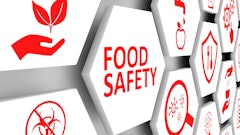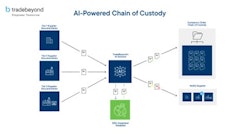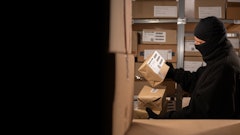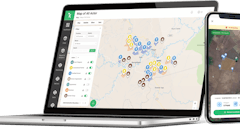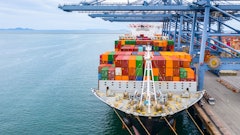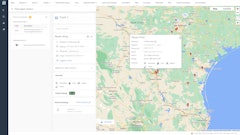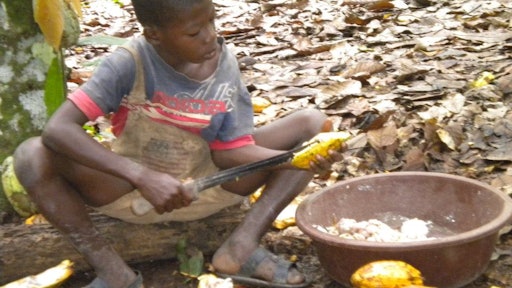
The U.S. Supreme Court ruling Monday allowing a slave and child labor lawsuit to proceed against Nestle SA’s U.S. subsidiary, Archer Daniel Midlands Co. and Cargill Inc. should serve as yet another wake-up call to companies with extensive supply chains that they need to know what is happening in those networks if they want to avoid similar problems, said a labor activist and a labor attorney, The Wall Street Journal reported. The three companies deny the allegations that they knew their cocoa suppliers in Ivory Coast were using underage and forced workers.
“I don’t think the message is going away. The message to companies is to get ahead of this. The message is that doing nothing is very dangerous,” said Justin Dillon, chief executive of labor activist group Made in a Free World. “Transparency is the new black. It’s no longer a suggestive measure…it’s more of a stick.” Companies need to leverage their purchasing power to influence the behavior of their suppliers—and their suppliers’ suppliers, he said. Asking suppliers to show they have knowledge and understanding of the risks associated with child and forced labor is a way to “rattle the cages” takes the issue beyond the adoption of zero-tolerance policies and into an area where such a policy “becomes mechanized, which becomes transparency,” said Mr. Dillon. “What this ruling does is it starts to set the tone that this is the new normal.”
Mark Theodore, a partner at Proskauer Rose, said the ruling reinforces to companies that they need to be socially responsible employers. And while there is no way to ever completely prevent such risks, he said the ruling is a reminder to companies that they “should be monitoring and also maybe doing a little bit of introspective thinking about their own practices to avoid these things, or prevent them from happening, or to put themselves in legally defensible position if they can’t prevent them.”








